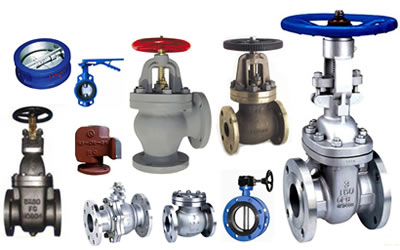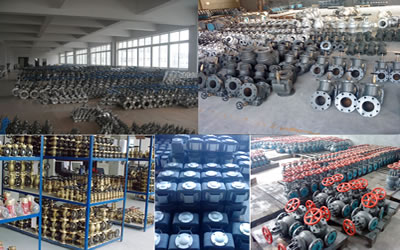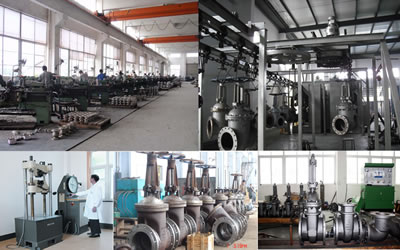EMSA introduces new system to reduce CO2 emissions from shipping in EU
The European Maritime Safety Agency (EMSA) has launched a new monitoring, reporting and verification system to aid the reduction of carbon dioxide (CO2) emissions from shipping operations across the European Union (EU).
The new THETIS-MRV system is also expected to help the EU to integrate the maritime transport sector within its wider greenhouse gas reduction policy.
EMSA developed the system following various consultations with technical experts from NGOs and shipping industry organisations.
Shipping companies operating vessels with capacities above 5000t at various EU ports will now be able to report their CO2 emissions using the new system.
The companies will also be able to comply with the upcoming EU Monitoring, Reporting and Verification (MRV) regulation, which is set to come into force on 1 January.
The regulation seeks to make data regarding ships' public and updated annually, and is expected to promote the adoption of greenhouse gas emission-reduction measures within the maritime sector.
EMSA notes it has updated the original THETIS information system in order to develop the THETIS-MRV system.
The purpose-built system is designed to help companies partner with accredited verifiers to prepare monitoring plans as part of a voluntary component.
It is also expected to release emission reports and compliance documents to the European Commission (EC) and relevant flag state authorities using the mandatory module.
The EC will then publish annual aggregated data per ship with the information, which will include fuel consumption, CO2 emissions, average energy efficiency indicators and other parameters.
Ships featuring capacities above 5000t currently account for around 55% of vessels calling at EU ports, and represent around 90% of the total share of related emissions.




